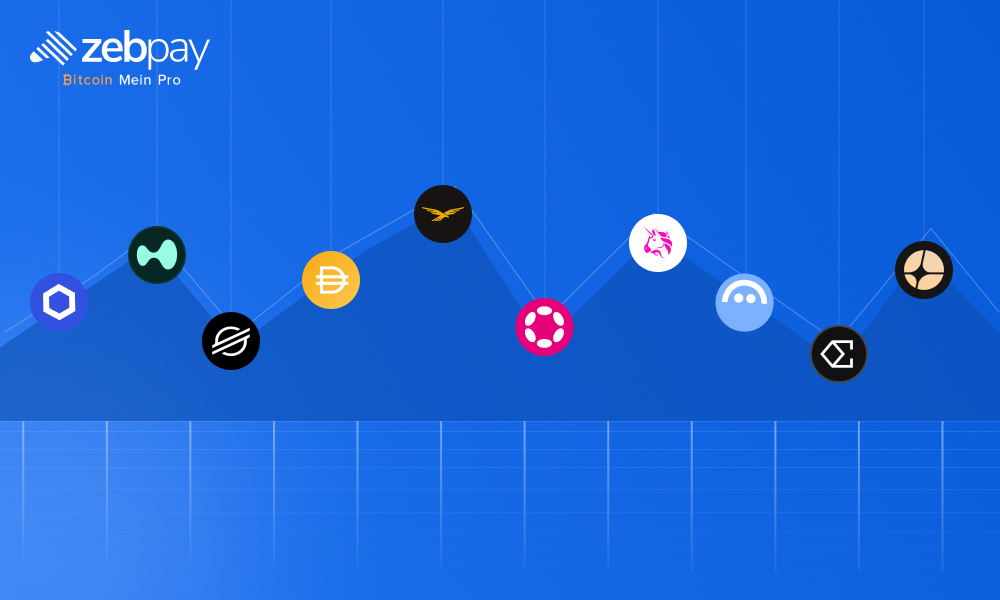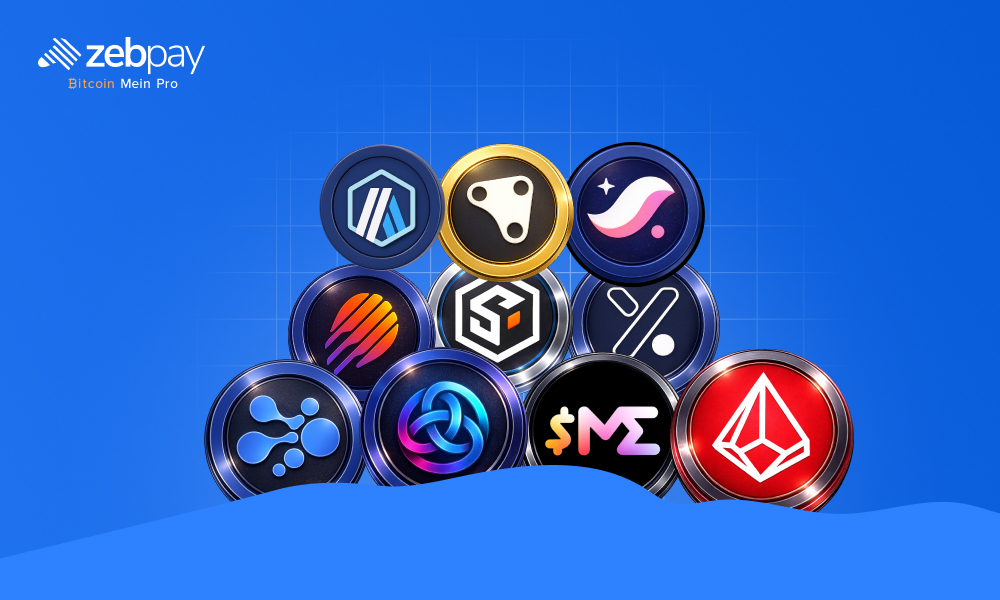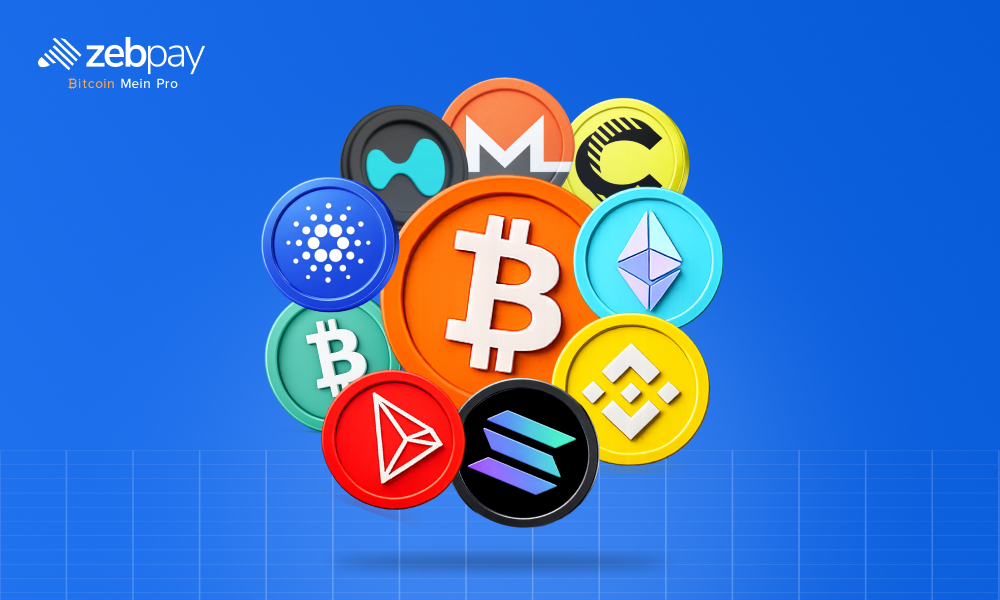The gaming industry has been around for many decades and has evolved with time. Games became more detailed and customizable due to technological advancements. Gaming consoles were introduced in the 1970s, and some popular ones include those from Atari and Mattel Intellivision. The gaming industry was booming during this period, with games like Mario taking the market by storm. Web3 gaming is the new way of playing online games that prioritizes decentralization, rewards, and ownership. Web3 is the latest interaction on the internet.
The emergence of Smart contracts has revolutionized the blockchain industry. They were initially only used to facilitate blockchain transactions, and most of their applications were in the decentralized finance (DeFi) domain. Today, they have expanded their use cases across multiple industries, such as the supply chain, healthcare, sports, and gaming. Smart contract technology has the potential to reshape the gaming industry. It aims to support the gaming industry with enhanced transparency and security, decentralized ownership of in-game assets, and immutable gaming economies.
Understanding Smart Contracts
Smart contracts are programs that enforce the execution of a contract when certain conditions are met. They operate on the principles of automation and cryptography. They automatically carry out agreed-upon actions when predetermined conditions are met. These conditions are imputed in code and stored on a blockchain network. Its decentralized nature prevents any singular entity from tampering with the contract terms and conditions. Smart contracts powered by blockchain technology can ensure immutability, transparency, and security in gaming applications.
Virtual Asset Ownership and Management
Tokenization is a crypto concept that can introduce innovative use cases across industries. It has immense potential in gaming as it can convert in-game assets such as digital items, rewards, and characters into crypto tokens on a blockchain network. These digital tokens represent ownership and can be sold or traded by players in gaming marketplaces. The gaming industry is witnessing a significant evolution with the emergence of tokenization. Tokenization leverages blockchain features to offer many benefits, such as improving virtual asset ownership and creating new revenue models to develop gaming economies. Smart contracts facilitate tokenization to enable true ownership of in-game assets. It supports the transfer of gaming assets securely and transparently, giving rise to new gaming applications.
Read more: Smart Contracts VS Blockchain
Non-fungible tokens, or NFTs, are unique digital assets that are in-game items, rewards, and other collectables. Each NFT has a distinct quality and cannot be exchanged for another. Tokenization converts in-game items to NFTs and empowers gamers to have true ownership of their virtual items. They can be bought, sold, or traded on crypto marketplaces, creating a secondary market for valuable in-game items.
Play-to-Earn Models
Play-to-earn games are online games where gamers receive rewards with real-world value for their effort and time. They enable users to earn crypto tokens by participating in exciting online games. Token rewards are obtained by completing in-game tasks, achievements, competitions, and contributions towards supporting the in-game ecosystem. Play-to-earn games promote inclusivity as gamers are rewarded for their time and skill.
Web3 gaming is still growing, but play-to-earn games have already shown immense potential. It can revolutionize online gaming competitions and become a viable source of income. This gaming model has gained significant traction in developing countries, where even small payouts can make an impact. Play-to-earn models can easily develop into a profitable entity for all its stakeholders, including developers, players, and investors.
Read more: Play to Earn vs Play to Own
Decentralized Gaming Platforms

Smart contracts leverage blockchain technology to offer decentralization in the gaming space. Some of its advantages include:
- Security: Decentralization makes games more secure compared to traditional counterparts as gaming data is stored on distributed ledgers, which are backed by cryptography.
- Privacy: Decentralization offers features like signing in with crypto wallets or using decentralized identifiers, protecting personal user information.
- Player ownership and control: Decentralization empowers users to own their in-game assets and vote on vital game developments.
- Fairness: Decentralization offers quick finality, enabling developers to validate player actions quickly, eliminating fraud or manipulation.
Smart Contracts and Esports
Esports are online games that are played in an organized, competitive ecosystem. They come in different types, such as single-player first-person shooting games, multiplayer online battle arenas (MOBAs), and virtual reconstructions of real sports such as football and basketball. Smart contracts enable esports platforms to distribute rewards and provide transparency for player performance. These rewards can be traded for other in-game assets or exchanged for real-world value. Smart contracts can also address esports betting and prediction market challenges. It can leverage blockchain technology to offer transparency in the betting process. The Smart contract decentralization features can eliminate the risk of fraud, ensure transparent betting outcomes, and improve payout processes. Decentralized export competitions can enable gamers from different regions to participate, promoting greater inclusivity.
Challenges and Considerations
Smart contracts are the first target for hackers when attacking a crypto protocol. Smart contracts handle all crypto transactions, and having access to them can help hackers redirect these transactions. Some significant cyber-attacks that Smart contracts experience are private key thefts, reentrancy attacks, NFT scams, and malicious code injection. Scalability is a significant issue for Web3 gaming platforms due to the limited capacity of crypto networks. This issue leads to higher fees and slower transaction times as more players join, resulting in network congestion. Another challenge is user experience and adoption, as newcomers find it hard to comprehend Web3 gaming interfaces and other actions. Gaming developers must perform regular security audits on Smart contract codes to identify potential vulnerabilities.
Read more: What Is GameFi
Future Outlook and Potential Developments
Web3 metaverse gaming is still in its early stages, and new virtual worlds have immense potential to support social and economic development. Smart contracts enable play-to-earn models in metaverse gaming, where players can earn real-world value and offer immersive gaming experiences. They enhance engagement and communication with other players, which can revolutionize Web3 gaming and produce exciting new games. They will play a vital role in shaping the future of gaming as they integrate virtual environments, social media interaction, and compulsive gameplay.
Read more: What is Crypto Gaming
The Smart contract technology is enabling some significant changes in the gaming industry by empowering players with ownership and enabling new gaming revenue streams. They leverage the benefits of blockchain technology to offer transparency, immutability, and security in the gaming sector. This technology aims to keep evolving to address various scalability issues and pioneer the next generation of gaming platforms and experiences.
To stay up to date with the latest crypto news, visit ZebPay blogs. Click on the button below to trade on ZebPay






